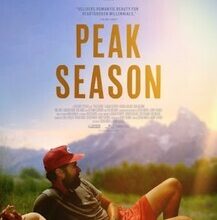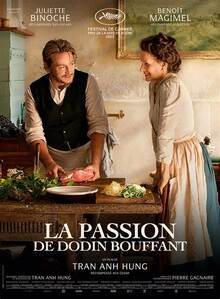
The Taste of Things
The Taste of Things
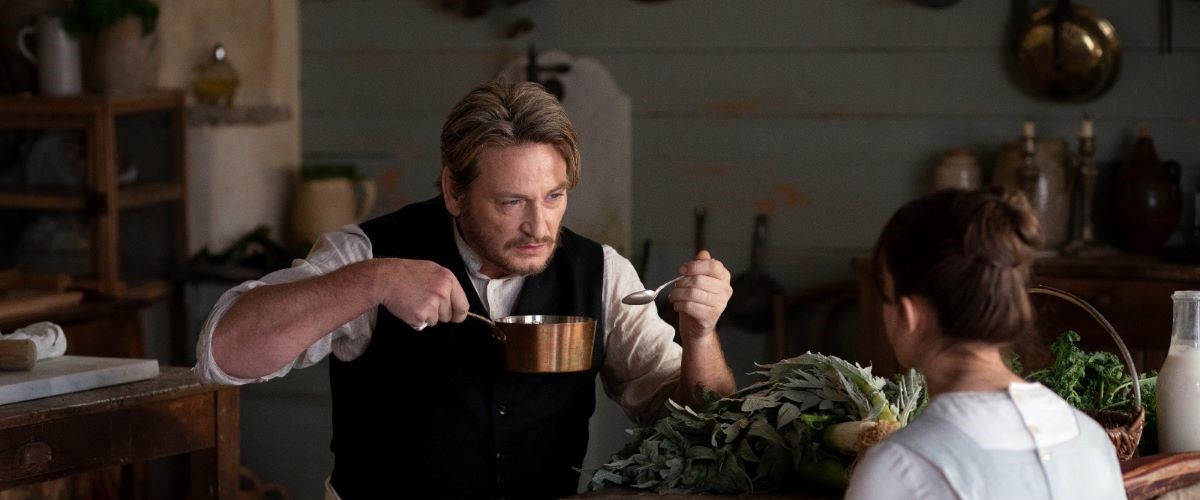
Now streaming on:
JustWatch
The opening scene of Tran Anh Hung’s “The Taste of Things” is 38 minutes long. It shows two people, and their two young assistants, preparing a meal in a big country kitchen. The meal is intricate, and multiple courses are being prepared simultaneously. The camera glides through the kitchen, following the characters as they bring a handful of vegetables to an already hot pan on the stove, circling back to the chopping on a nearby table. The camera never stops moving. What we are doing, for 38 minutes, is watching these people cook, and, naturally, drooling over the meal being prepared before our eyes. This scene is an amazing feat, so much so that there’s satisfaction when you watch the guests in the dining room taste the food, savoring every bite, not even needing to say a word. The pleasure is palpable.
Through this scene, where nobody says anything beyond “Put the veal in the oven”, we piece together the relationships. It’s so gratifying to get to know characters by watching what they do (as opposed to listen to them talk about themselves). An amazing amount of information is conveyed without dialogue. There’s Dodin Bouffant (Benoît Magimel), overseeing the meal, and also cooking himself, splitting time by visiting with his guests. His partner in the kitchen is Eugénie (Juliette Binoche), who tends to her work with obvious pleasure, her face lit up, pleased at the success of a long day’s toil. She’s not just a good cook. She’s an artist. The two assistants are teenage girls, Violette (Galatéa Bellugi) and Pauline (Bonnie Chagneau-Ravoire), who work silently and obediently. Pauline is new to the kitchen, and still a child, but she is a gastronomic prodigy, able to name all of a broth’s ingredients merely from the taste. Dodin and Eugénie recognize and cultivate her gift.
Based on the popular French novel The Passionate Epicure (1920), written by Marcel Rouff, “The Taste of Things” features many such scenes, lengthy delectable cooking scenes, but it is the first which establishes the film’s rhythm. One doesn’t even notice the length of the scene, because what is happening is so soothing and pleasurable. The history of “food movies” is a long one, but there’s never been food as delicious looking as the meals created by Dodin and Eugénie. You can almost smell the aroma of those broths, pastries, chickens.
But “The Taste of Things” has deeper layers connected to all this food preparation. Dodin and Eugénie have been working side by side for twenty years. How Eugénie came to live with him is not really expressed, although he is such a famous epicure that perhaps she traveled there to offer herself as an apprentice. The soft encouraging manner in which she treats Pauline suggests a personal identification with the child. Dodin and Eugénie share occasional nights together, where he walks through the dark halls of the manor house and knocks on her door. This, too, has probably been going on for 20 years. Dodin has proposed to Eugénie a number of times. She always turns him down. Their relationship is one of mutual respect, not just as people, but as fellow obsessives. Cooking together, for them, is an act of creation.
Tran Anh Hung (“The Scent of Green Papaya”) allows the story to unfold in its own time, in its own way. Nothing is pushed. Nothing is heightened artificially. The devotion to food is both real and metaphor: how we prepare food, the care we take, indicates how we feel for each other. But it’s also the thrill of the preparation in and of itself, all of which the director captures, with essential help from Jonathan Ricquebourg’s cinematography, the camera floating through that kitchen, literally peering into pots to watch the vegetables sizzle. Toma Baqueni’s production design is also crucial, particularly in a film with only one location. The kitchen feels like a place you know, or at least a place you’d like to enter into. The details of cooking without electricity, without plugged-in appliances, is attended to in great detail, without making a fetish of it. You believe Magimel and Binoche are doing all that cooking.
This is a love story between grown-ups. There’s no neurotic anxiety or uncertainty about feelings. They are adults and they speak about it frankly in their rare moments of leisure. Dodin loves Eugénie, and treats her with a heart-aching tenderness, particularly when he is concerned about her occasional fainting spells. Eugénie’s hesitance to take the relationship to the next step is understandable, particularly for a 19th-century woman. She talks about it with him openly in a beautiful late-night scene, where they relax after a tiring day in the kitchen. She loves their relationship as it is. She loves cooking with him, she loves when he visits her room. Would this all change if they made it official?
“The Taste of Things” is about the “how,” not the “what”. You get to know people best by understanding what obsesses them, the activities that interest them. Acting teacher Stella Adler once said, “It’s not that important to know who you are. It’s important to know what you do, and then do it like Hercules.” Dodin and Eugénie cook together like Hercules. They are a partnership in every sense of the word. It’s deeply moving, and I’m still not sure how Tran Anh Hung achieves this delicate balance. It feels like a magic trick, but of course it isn’t. Every choice is carefully considered. By staying in the kitchen and following these two people around as they cook together, Tran shows a silent and tender partnership, deeper than most marriages, because so much doesn’t need to be said.
Famous American food writer M.F.K. Fisher was once asked why she chose this particularly subject matter as her main focus. She replied, “It seems to me that our three basic needs, for food and security and love, are so mixed and mingled and entwined that we cannot think straightly of one without the others. So it happens that when I write about hunger I am really writing about love and the hunger for it, and warmth and the love it and the hunger for it … and then the warmth and richness and fine reality of hunger satisfied … and it is all one.”
In “The Taste of Things,” no distinction is made between cooking for someone and loving them. It’s “all one”.
“The Taste of Things” opens Friday, February 9th.

Sheila O’Malley
Sheila O’Malley received a BFA in Theatre from the University of Rhode Island and a Master’s in Acting from the Actors Studio MFA Program. Read her answers to our Movie Love Questionnaire here.
Now playing
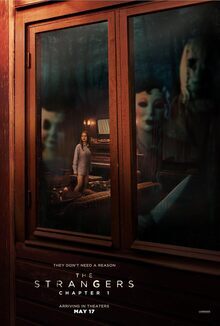
The Strangers: Chapter 1
Brian Tallerico

Cora Bora
Marya E. Gates

Bad Behaviour
Sheila O’Malley

Lazareth
Nell Minow
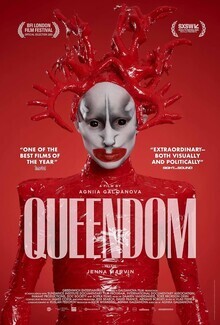
Queendom
Monica Castillo
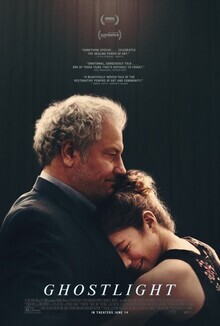
Ghostlight
Matt Zoller Seitz
Film Credits
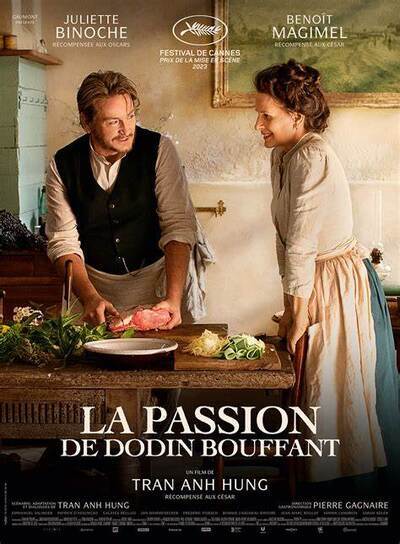
The Taste of Things (2023)
135 minutes
Cast
Juliette Binocheas Eugenie
Benoît Magimelas Dodin
Patrick d’Assumçaoas Grimaud
Emmanuel Salingeras Rabaz
Jan Hammeneckeras Magot
Frédéric Fisbachas Beaubois
Galatéa Bellugias Violette
Director
- Tran Anh Hung
Screenplay
- Tran Anh Hung
Latest blog posts

The 2024 American Black Film Festival Announces Retrospective: Celebrating The Legacy Of Denzel Washington: Moderated by Chaz Ebert
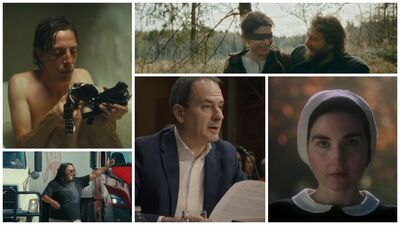
Tribeca Film Festival 2024: 8 Highlights from This Year’s Event
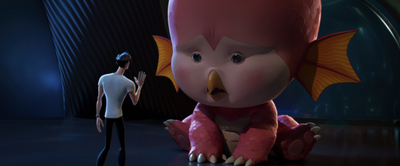
It’s Too Bad That Audience Pictures Like Ultraman: Rising Will Barely Be Seen in Theaters
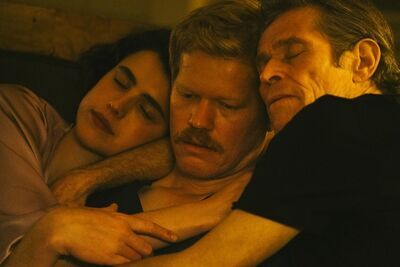
Jesse Plemons on Being Funny, Stepping Off the Ledge and Making ‘Kinds of Kindness’
Comments
comments powered by Disqus



